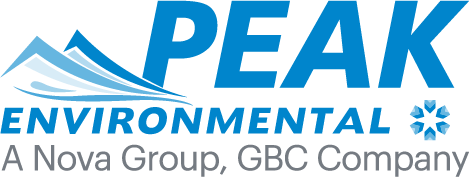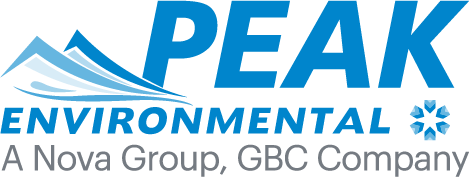NJ Industrial Site Recovery Act (ISRA)
NJ Industrial Site Recovery Act
The Industrial Site Recovery Act (ISRA) was enacted in 1993 to amend and reauthorize the 1983 Environmental Cleanup Responsibility Act (ECRA). The Site Remediation Reform Act (SRRA) of 2009 further amended ISRA to establish authority for Licensed Site Remediation Professionals (LSRPs), rather than the New Jersey Department of Environmental Protection (NJDEP) staff, to provide direct oversight of environmental activities for ISRA-subject industrial establishments.
An industrial establishment is any place of business or real property at which such business is conducted that: (1) operated in New Jersey on or after December 31, 1983; and (2) conducted operations that involved the generation, manufacturing, refining, transportation, treatment, storage, handling or disposal of defined hazardous substances and waste, including petroleum products. A business is considered an ISRA subject industrial establishment if it conducted operations that fall within specific North American Industry Classification System (NAICS) codes that are set forth by the NJDEP.
ISRA triggering events include, but are not limited to, the sale of property or business, termination of lease, change in the industrial establishment’s NAICS, or cessation of operations. ISRA is intended to ensure continuity of economic activity at an ISRA-subject facility, establish an environmental oversight mechanism to ensure any environmental releases are addressed, and to prevent abandonment of contaminated properties.
The owner or operator of an ISRA-applicable site must notify the NJDEP of any triggering event. The initial steps necessary to comply with ISRA include the retention of an LSRP, and the preparation of a General Information Notice (GIN). A Preliminary Assessment is completed to identify environmental areas of concern (AOC) and, if necessary, a Site Investigation is completed to determine if the identified AOCs contain contaminants at concentrations that require further action. The owner or operator must prove that no contamination is present or, if contaminants are present, the site must be further investigated and remediated to meet regulatory standards.
Peak’s experienced staff will first work with the responsible party to determine if ISRA is applicable to the business and/or transaction. Peak can efficiently perform any necessary ISRA compliance activities including GINs, Waiver Applications, Remediation Certifications, establishment of a Funding Source, Preliminary Assessments, Site Investigations, Remedial Investigations and Remedial Actions. Peak has Licensed Site Remediation Professionals (LSRP) on staff to provide guidance and oversight through the ISRA compliance process, and ultimately, once compliance is achieved, to close the ISRA case through the issuance of the Response Action Outcome letter.
Projects
Heating Oil Release, Dutchess County, NY
Peak Environmental, A Nova Group, GBC Company (Peak) was retained to manage the investigation and remediation of heating oil released during a delivery into a basement tank at a professional services building. The oil migrated into underlying material through seams...
Redevelopment Project in Woodbridge, NJ
Peak Environmental, A Nova Group, GBC Company is supporting a remediation project in Woodbridge that razed an approximately 100 year old industrial building that fell into disrepair. Peak completed environmental due diligence, identified specific areas of concern, and...
Redevelopment Project in Newark, NJ
Peak Environmental, A Nova Group, GBC Company was retained by a leading real estate developer to conduct environmental due diligence for a property in Newark, NJ. The property was formerly a commercial car park serving Newark Airport travelers. The client saw...
Discuss Your Project
Contact
Peak Environmental, A Nova Group, GBC Company
732-326-1010
info@peak-environmental.com
26 Kennedy Blvd, Suite A
East Brunswick, NJ 08816
Industries
Legal
Real Estate
Financial
Insurance
Petroleum
Manufacturing
Materials
Construction
Education



